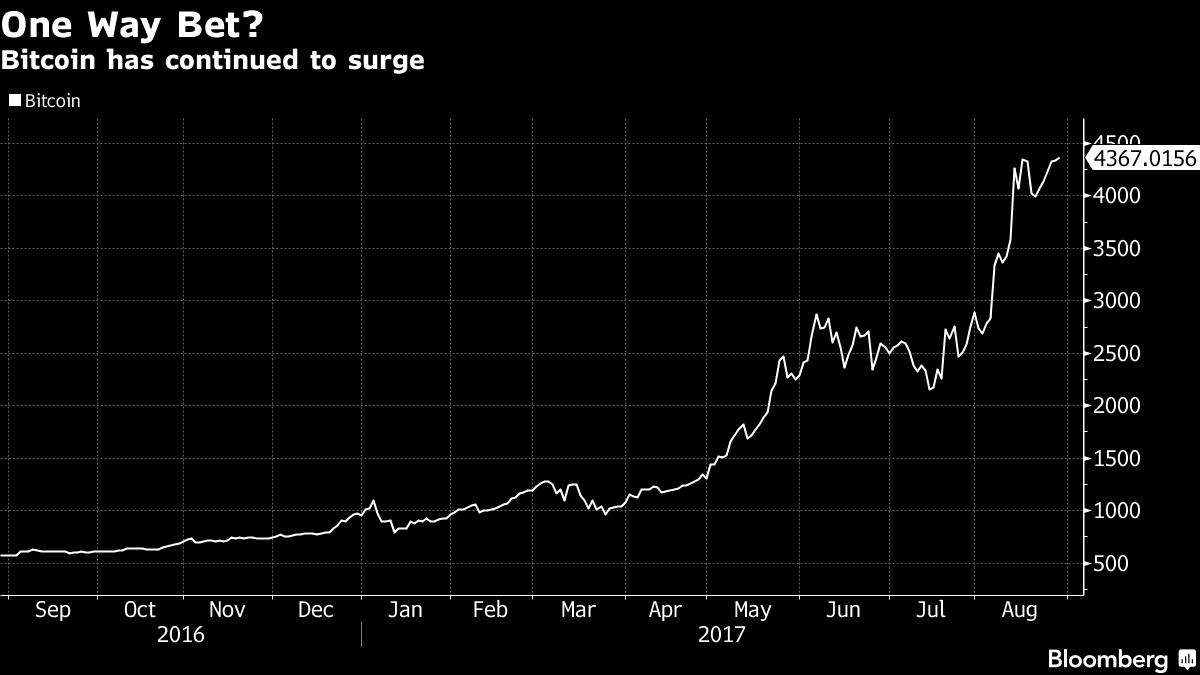Until recently, officials at major central banks were happy to watch as pioneers in the field progressed by trial and error, safe in the knowledge that it was dwarfed by roughly $5 trillion circulating daily in conventional currency markets. But now as officials turn an eye toward the increasingly pervasive technology, the risk is that they’re reacting too late to both the pitfalls and the opportunities presented by digital coinage.
"Central banks cannot afford to treat cyber currencies as toys to play with in a sand box," said Andrew Sheng, chief adviser to the China Banking Regulatory Commission and Distinguished Fellow of the Asia Global Institute, University of Hong Kong. "It is time to realize that they are the real barbarians at the gate."
Bitcoin -- the largest and best-known digital currency -- and its peers pose a threat to the established money system by effectively circumventing it. Money as we know it depends on the authority of the state for credibility, with central banks typically managing its price and/or quantity. Cryptocurrencies skirt all that and instead rely on their supposedly unhackable technology to guarantee value.
China’s Lead
If they don’t get a handle on bitcoin and their ilk, and more people adopt them, central banks could see an erosion of their control over the money supply. The solution may be in the old adage, if you can’t beat them, join them.
Read more about China’s digital currency efforts.
The Dutch central bank has created its own cryptocurrency -- for internal circulation only -- to better understand how it works. And Ben Bernanke, the former chairman of the Federal Reserve who has said digital currencies show "long term promise," will be the keynote speaker at a blockchain and banking conference in October hosted by Ripple, the startup behind the fourth largest digital currency.
Russia, too, has shown interest in ethereum, the second-largest digital currency, with the central bank deploying a blockchain pilot program. The boom in cryptocurrencies and their underlying technology is becoming too big for central banks, long the guardian of official money, to ignore.
The boom in cryptocurrencies and their underlying technology is becoming too big for central banks, long the guardian of official money, to ignore.

The People’s Bank of China has done trial runs of its prototype cryptocurrency, taking it a step closer to being the first major central bank to issue digital money. The Bank of Japan and the European Central Bank have launched a joint research project which studies the possible use of distributed ledger -- the technology that underpins cryptocurrencies -- for market infrastructure.
Cryptocurrencies Are Barbarians At Central Bank Gates
August 31, 2017
« Previous Article
| Next Article »
Login in order to post a comment








